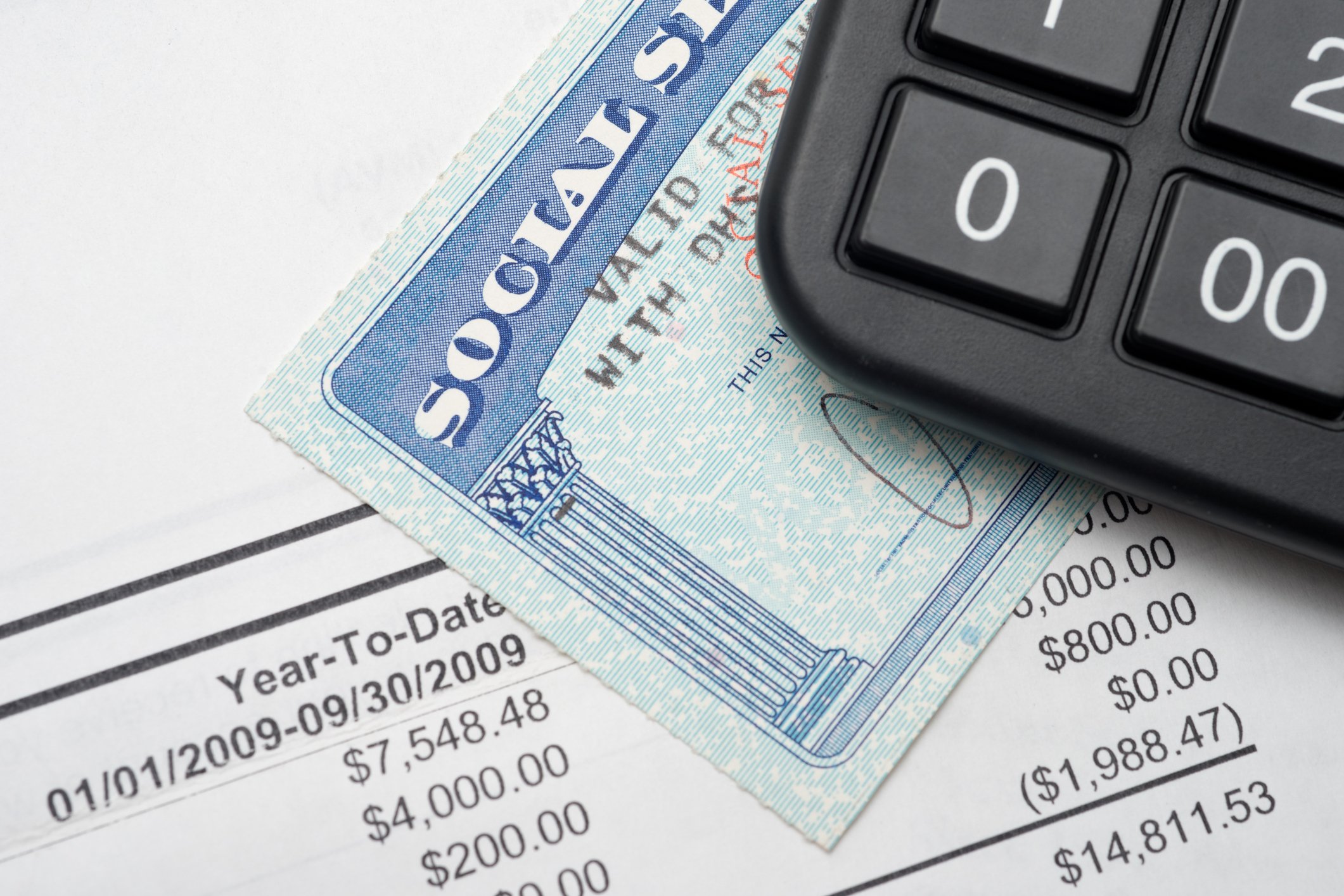If, historically, you've been the lower-earning spouse, you may plan to claim spousal Social Security benefits. As long as you wait until your full retirement age (FRA) to claim them, spousal benefits can provide you with Social Security benefits of up to 50% of the amount your spouse is scheduled to receive at FRA.
If you're not quite sure if you qualify, here's how you can know for certain.

Image source: Getty Images.
Marriage requirement
You must be legally married to someone who has earned enough work credits to be eligible for Social Security benefits or be divorced from an eligible recipient (more on this in a moment). You must be married for at least one year before applying for benefits. If your spouse is deceased, you must have been married for at least nine months before their death.
Divorce
If you're divorced, you may still qualify for spousal benefits based on your ex's work record. To qualify, the marriage must have lasted at least 10 years, and your ex-spouse must be eligible for Social Security benefits. In addition, you must be currently unmarried (it's OK if your last marriage ended in divorce).
Spouse's situation
Your spouse must be eligible for benefits, either due to earning enough work credits or by being retired, disabled, or deceased. For you to collect spousal benefits, your spouse must have applied for their own Social Security benefits.
Age requirement
If your spouse has already applied for benefits, you can apply for yours as early as age 62. However, since the full retirement age is typically between 66 and 67, claiming benefits at age 62 is considered early, and your monthly benefits will be permanently reduced. There are a couple of exceptions to this rule. You can qualify for spousal benefits at any age if:
- You are caring for a child under the age of 16.
- You are caring for a disabled child, and that child is entitled to receive benefits based on your spouse's work record.
Same-sex spouses (and ex-spouses)
The rules and benefits awarded are the same for same-sex spouses as for any other married couple due to the Supreme Court's 2015 decision recognizing marriage equality.
Depending on the state in which you live, you may qualify for benefits if you are (or were) a registered domestic partner or in a civil union or common-law marriage. While you may feel as though you have to jump through hoops, it can be beneficial to work with the Social Security Administration (SSA) to determine which laws apply in your state.
Helpful hints
If applying for Social Security spousal benefits seems a little intimidating, it may help to keep these tips in mind:
- The application process is not complicated. You can apply online, by phone, or in person at your local SSA office.
- Have your marriage certificate and other relevant documents ready to streamline the application process.
- Before deciding when to claim benefits, consider your health, family history of life expectancy, and how much longer you wish to work. The right time to claim often comes down to how long you need the money you've saved for retirement to last.
If you still feel like you're in your 20s or 30s, applying for Social Security benefits can seem a bit surreal. However, for anyone fortunate enough to live long enough, the day does eventually arrive. When it does, your goal is to ensure you receive the largest monthly benefit possible.





